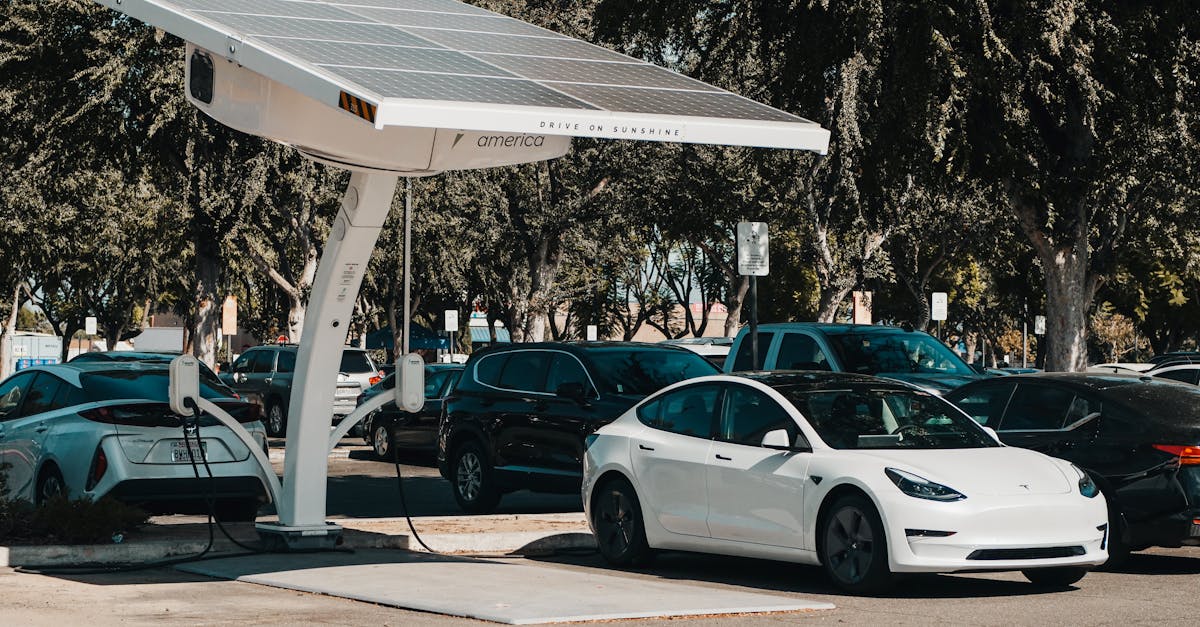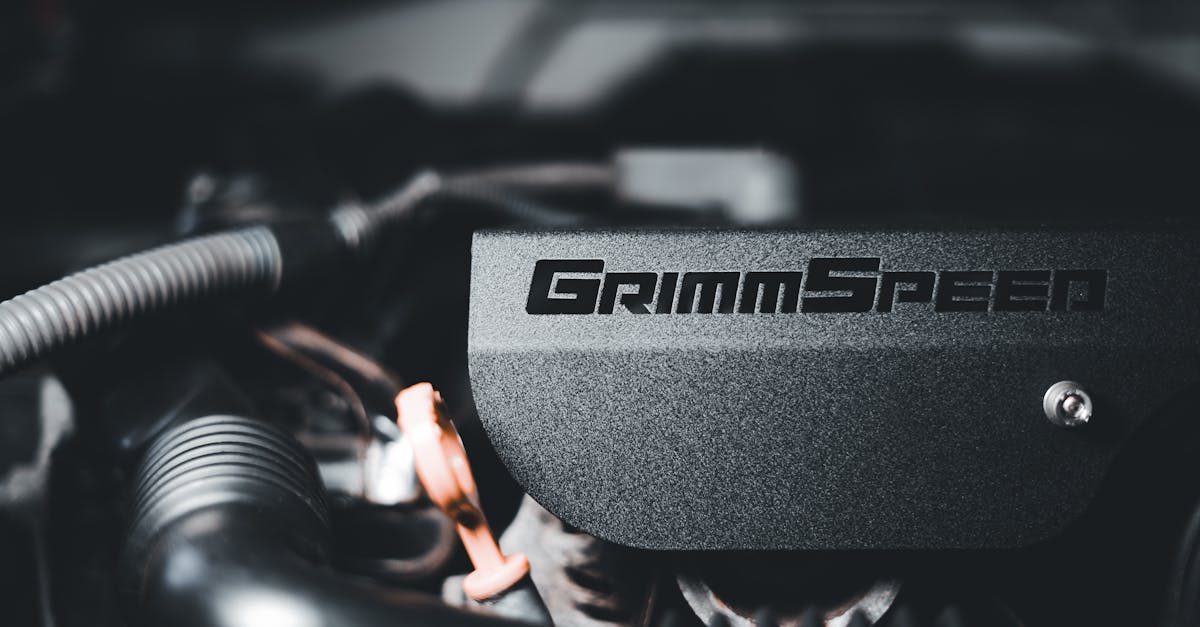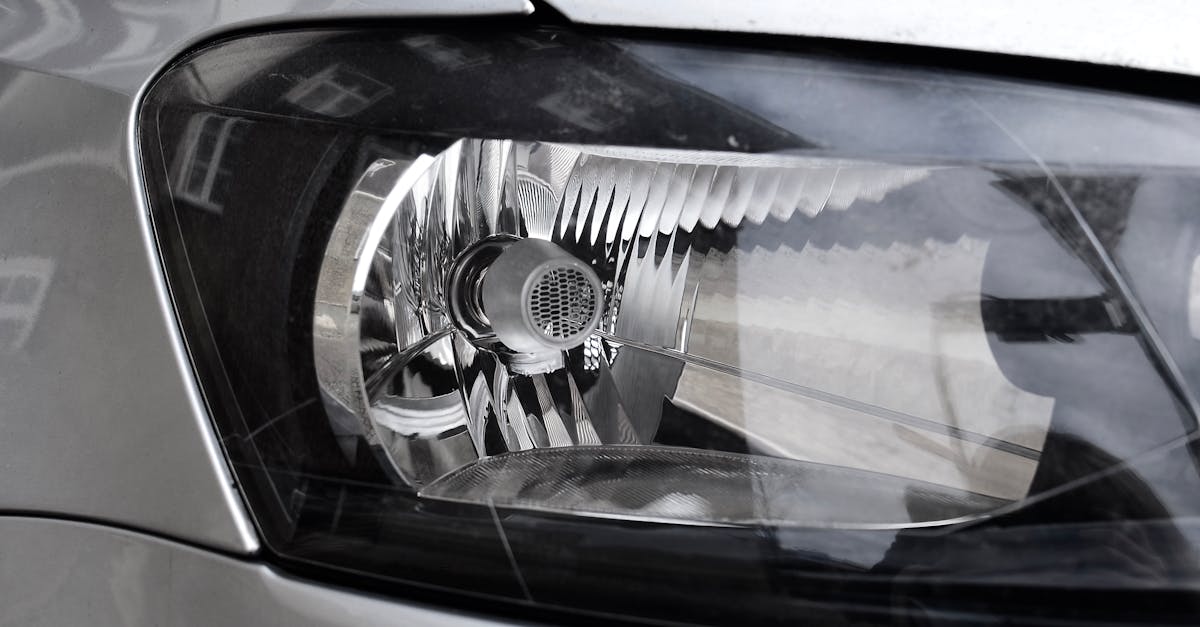Essential Tips for Winterizing Your Vehicle
Introduction
As the chill of winter approaches, ensuring your vehicle is ready for the cold months ahead becomes crucial. With dropping temperatures, icy roads, and snowy conditions, winterizing your vehicle can prevent avoidable breakdowns and accidents. Here are some essential tips that will help you navigate winter roads safely.
Advertisement
Check Your Tires
Tires are the most important safety feature on your car during winter. Make sure they have enough tread to provide appropriate grip on slippery surfaces. Consider investing in winter tires, which are designed to perform better in cold, icy conditions. Also, regularly check your tire pressure, as it can drop with the temperature.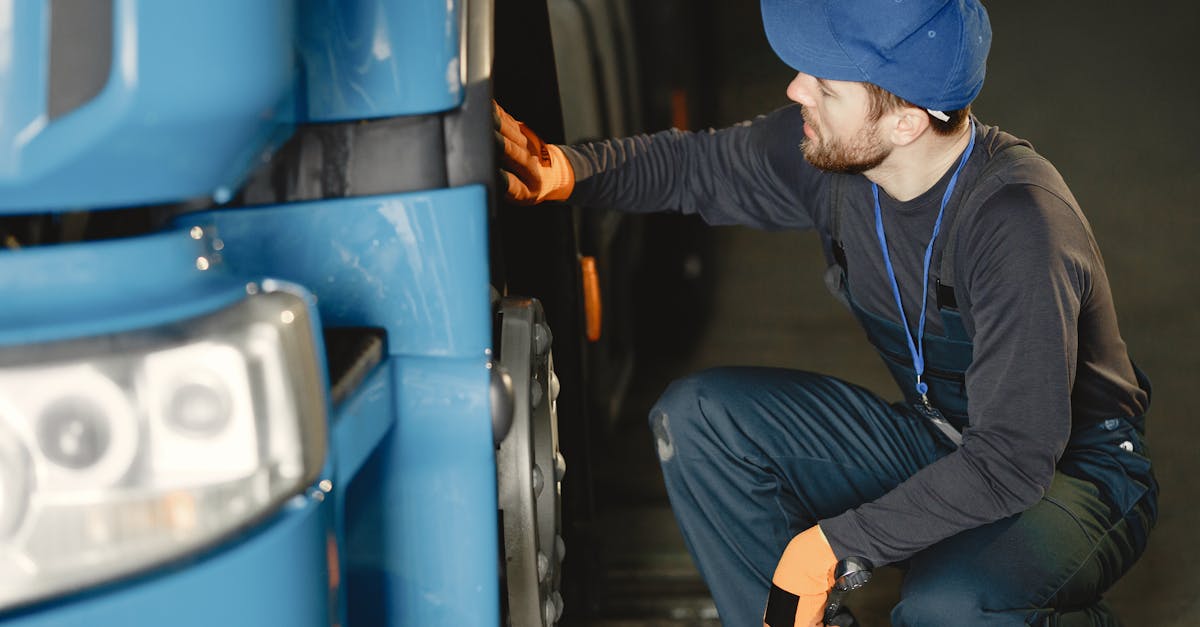
Advertisement
Inspect Your Battery
Cold weather can be harsh on car batteries, greatly reducing their output. Test your battery to ensure it's holding a charge, and clean any corrosion from the terminals. If your battery is older than three years, think about replacing it to prevent being stranded in freezing conditions.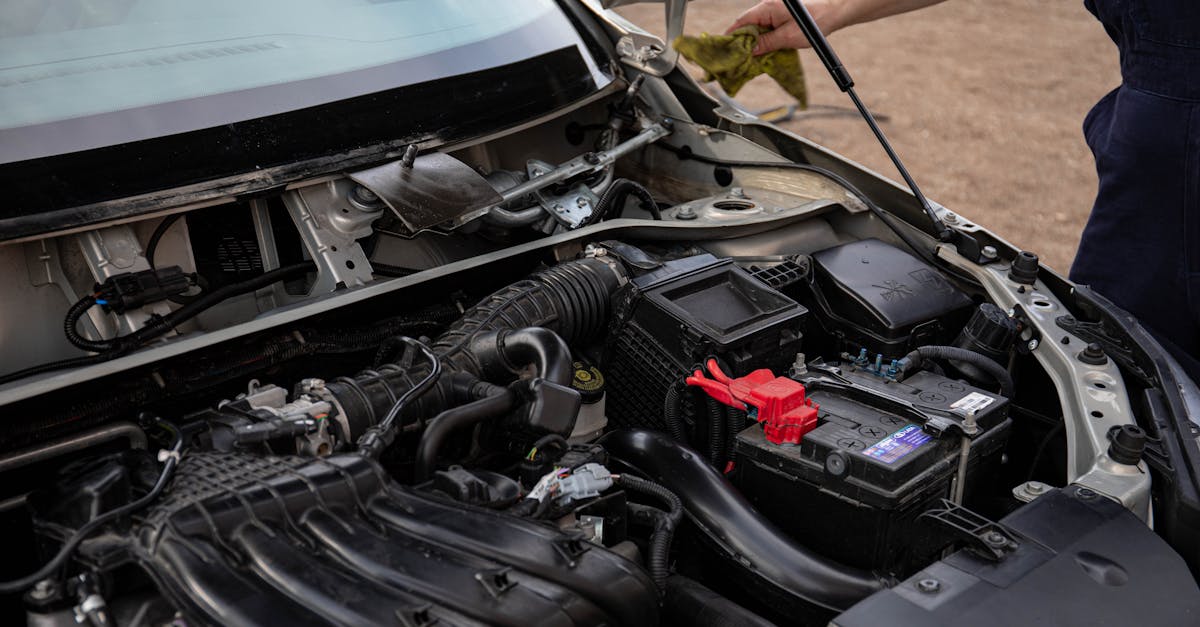
Advertisement
Top Up Fluids
Your vehicle's fluids become even more essential during winter. Ensure your engine oil is suitable for cold temperatures, which might require a switch to a thinner grade. Keep your coolant and antifreeze at the right levels to prevent your engine from freezing. Don't forget to fill up windshield washer fluid with a winter blend that won't freeze.
Advertisement
Test Your Wipers and Lights
Clear visibility is crucial during winter storms. Replace windshield wipers that leave streaks or are over a year old. Check all your vehicle's lights, including headlights, taillights, and hazard warnings, to ensure they are functioning correctly and brightly to see and be seen on dark, snowy days.
Advertisement
Maintain Brakes
Ensure your brakes are in optimal condition by having them inspected for wear. Winter driving can demand more frequent and aggressive stopping, increasing the need for reliable brakes. If you hear any squeals or notice decreased braking performance, it's time for a check-up.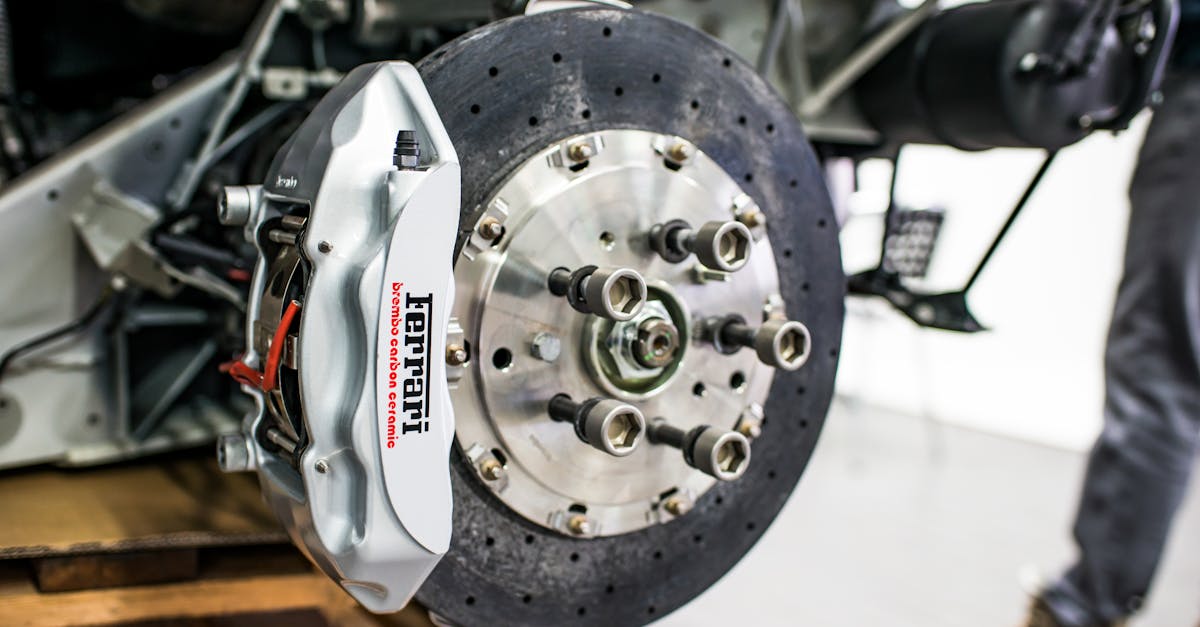
Advertisement
Protect Your Paint
Snow, salt, and grime can damage your vehicle's paint. Wash your car regularly during the winter to remove harmful residues. Consider applying a fresh coat of wax before winter arrives to provide a layer of protection and keep your vehicle looking its best.
Advertisement
Equip Your Emergency Kit
Keep a winter emergency kit in your vehicle equipped with essentials like blankets, a flashlight, a shovel, and extra clothing. Having snacks, water, and a first-aid kit can be invaluable during emergencies. Jumper cables and a portable power bank are also key for unexpected situations.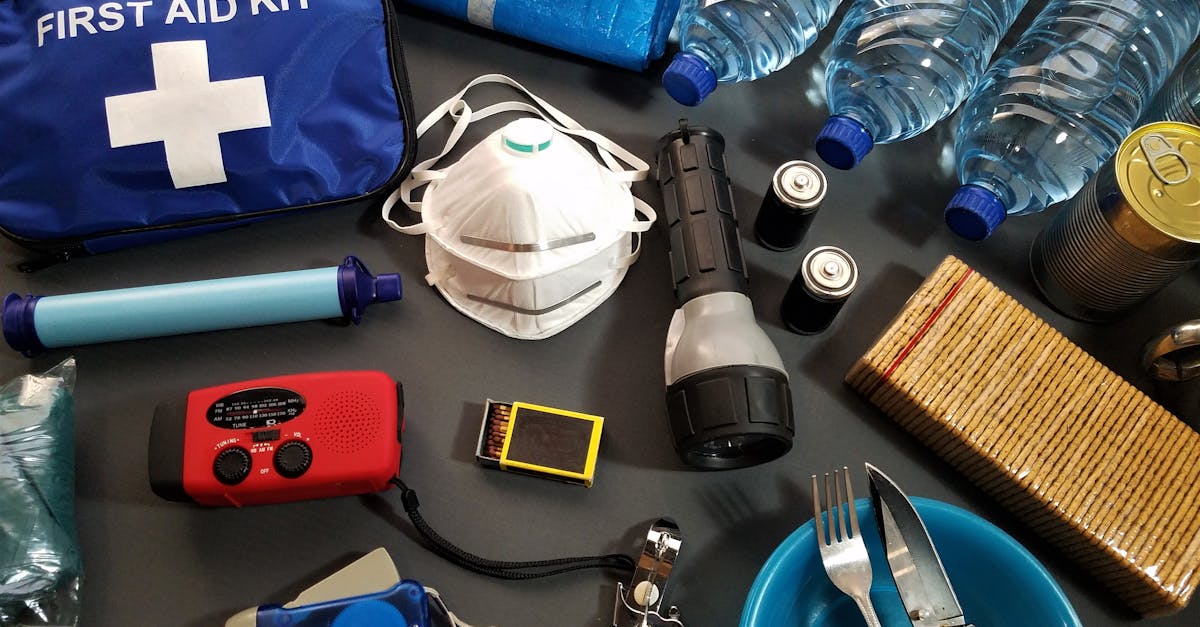
Advertisement
Check Heating and Defrosting Systems
A malfunctioning heater or defroster can make for an uncomfortable or dangerous drive in winter. Test these systems before the full force of winter hits. Address any repairs to ensure comfort and visibility in frosty conditions.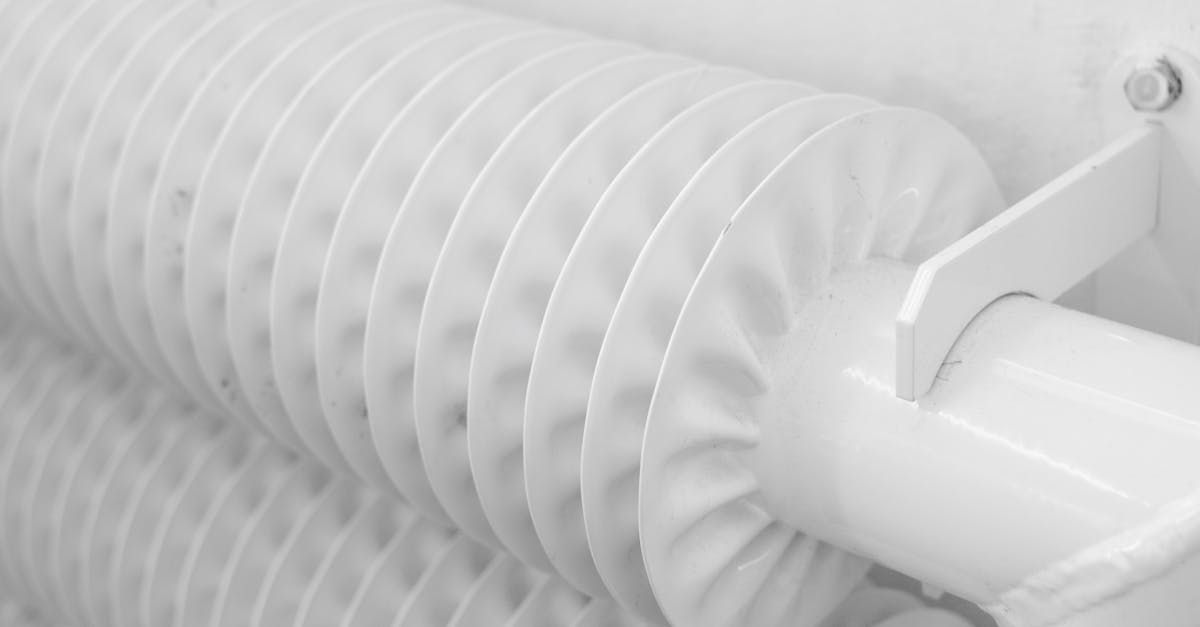
Advertisement
Summary and Conclusion
Proper winterizing can safeguard against winter road challenges and keep you driving confidently through the season. By checking tires, batteries, fluids, and more, you'll not only maintain your vehicle's performance but also enhance safety measures. Prepare now for stress-free winter driving experiences.
Advertisement
